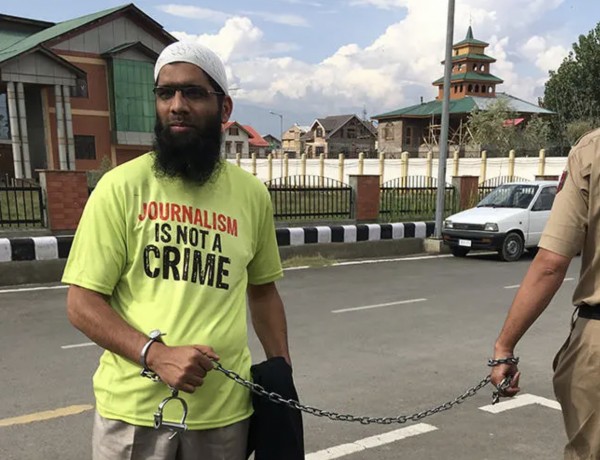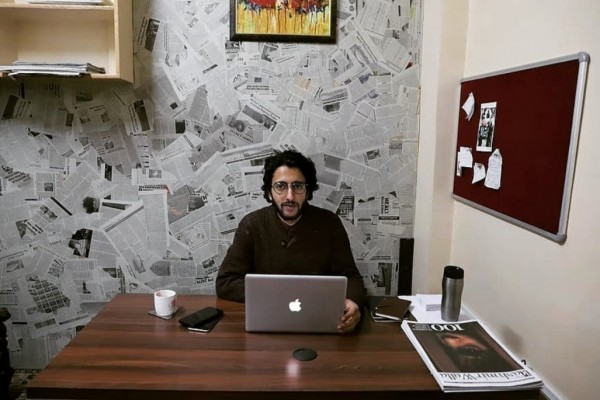A freelance journalist who had investigated illegal mining activity, his wife and their two children were found brutally murdered in their home in India’s Madhya Pradesh state on Saturday night.
Indian national media reported that Chandrika Rai, his wife, Durga, and their children, Jalaj (19) and Nisha (17) had been killed with a sharp object and each left in a separate room of the house. The bodies were discovered by the journalist’s brother, who became suspicious after noticing that the family’s front door had been locked from the outside.
The Indian Editors Guild on Monday, in a letter addressed to Madhya Pradesh Chief Minister Shivraj Singh Chouhan, said it suspected that the gruesome crime was linked to Rai’s work as a journalist. It called on the state government to “unravel the conspiracy behind the murder,” Indian media reported.
Local police, however, told the media they are pursuing multiple angles in their investigation, including the possibility that the murders of Rai and his family may be linked to the kidnapping of a 7-year old boy last week.
According to multiple media reports, Rai had been investigating illegal coal-mining activity in the state’s central Umaria district and had recently written a series of articles alleging the involvement of a local Bharatiya Janata Party (BJP) politician.
The Umaria coalfields belong to what is known as the Central India Coalfields, with estimated reserves of over 15 million tones. The fields are controlled by South Eastern Coalfields Ltd., an arm of India’s state-run coal corporation. However, according to The Hindu, illegal coal mining remains rampant in the region.
Rai was said to be a regular contributor to the Delhi-based Hindi language paper Navbharat Times and the Nagpur-based The Hitavada. Reached by the International Press Institute (IPI), The Hitavada confirmed that it had recently published articles written by Rai related to illegal coal mining.
The exact nature of the alleged link to last Wednesday’s kidnapping of the son of a government official is unclear. At least one paper, The Hindustan Times, reported yesterday that Rai on Friday had publicly accused the police of protecting the two suspects in the kidnapping. According to the newspaper’s sources, Rai had disputed the police’s rescue account, maintaining that a ransom had been paid to free the boy.
IPI Executive Director Alison Bethel McKenzie said: “Mr. Rai and his family were the victims of an unspeakable crime, and we send our deepest condolences to their relatives and friends. We urge local, state and national authorities to conduct a swift investigation to determine whether these murders were linked to Mr. Rai’s work as a journalist.”
N. Ravi, chairman of IPI’s India National Committee and former editor-in-chief of The Hindu added, “The state of Madhya Pradesh, and indeed all states in India, need to become more conscious of their duty to provide protection to journalists doing their duty and exercising their fundamental right to freedom of expression. This is also an issue for media and journalists’ organisations to take up with public officials and work to devise effective safeguards.”


